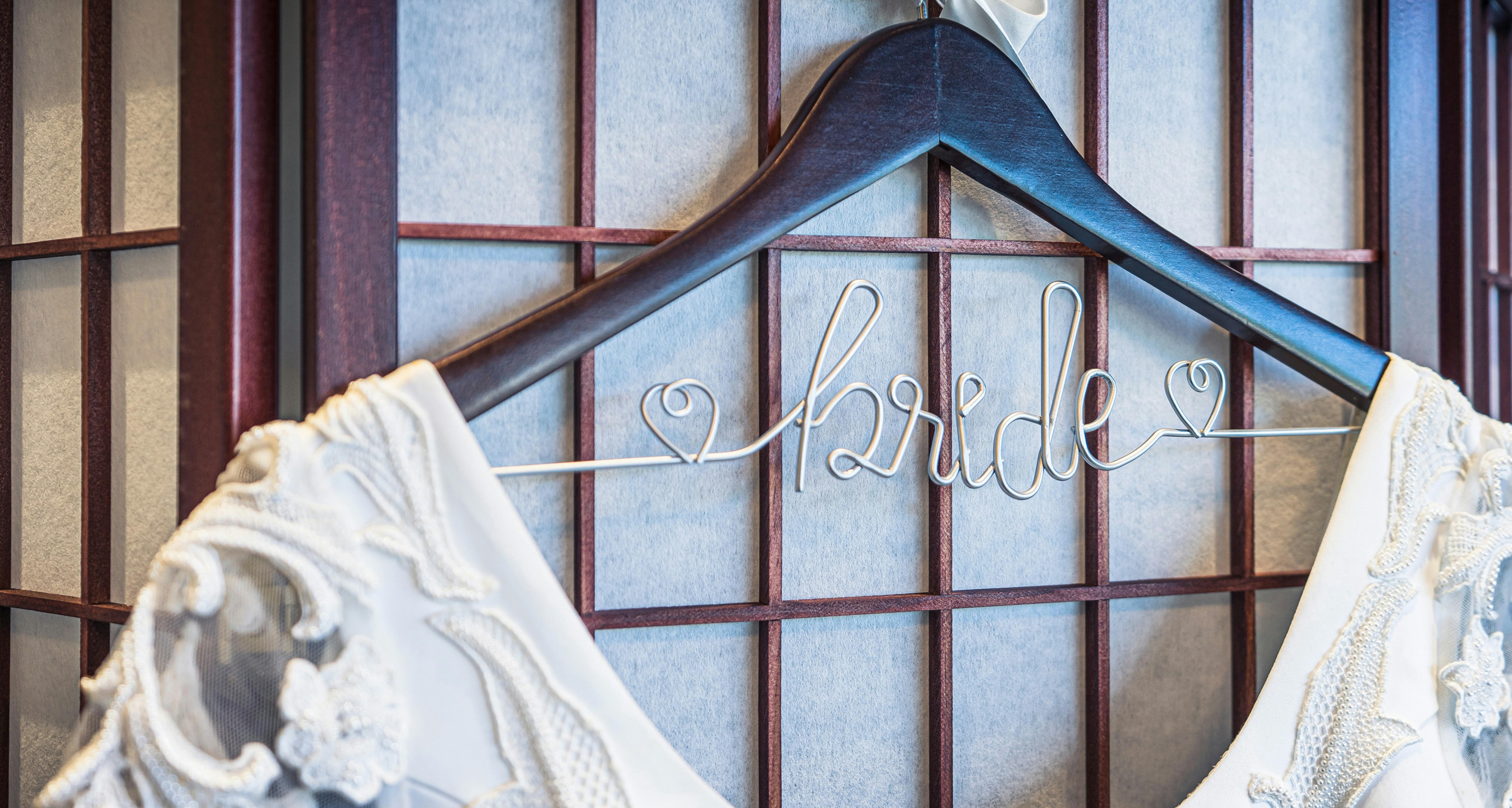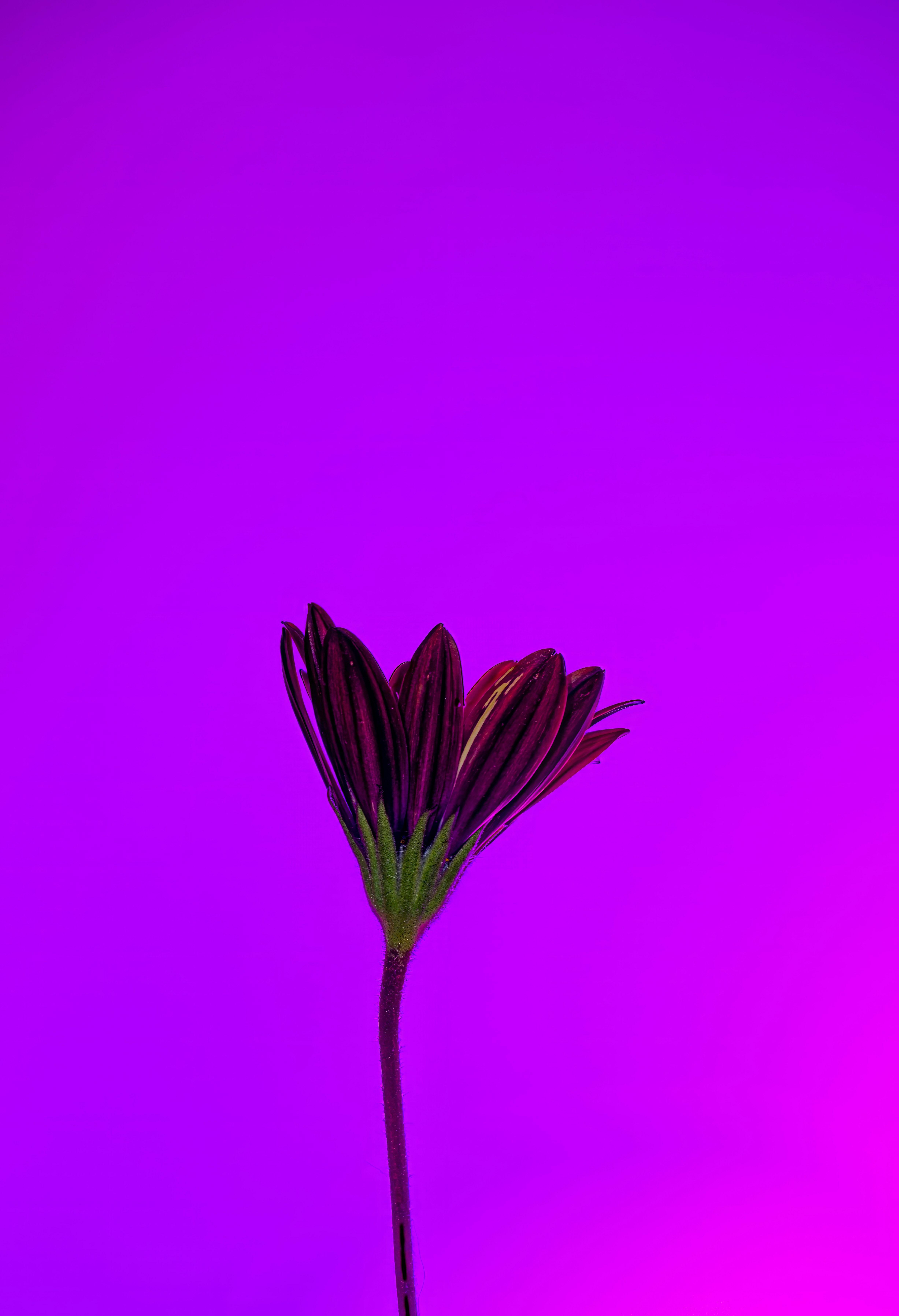In the ever-evolving landscape of television, “The Marvelous Mrs. Maisel” has garnered widespread acclaim for its vibrant portrayal of a 1950s housewife turned stand-up comedian. However, as cultural dialogues around feminism continue to progress, questions arise regarding the show’s approach to feminist themes. While it undoubtedly highlights the challenges faced by women in a male-dominated era, some critics argue that its depiction may not align with contemporary feminist ideals. This article critically examines whether “The Marvelous Mrs. Maisel’s” narrative and character development reflect an outdated version of feminism, or if it still offers valuable insights into the ongoing struggle for gender equality. Through an exploration of its themes, character arcs, and cultural impact, we aim to assess the show’s relevance and resonance in today’s feminist discourse.
Examining the Portrayal of Gender Roles in The Marvelous Mrs. Maisel
The acclaimed series, The Marvelous Mrs. Maisel, paints a vibrant picture of a 1950s housewife turned stand-up comic, a transformation that raises significant questions about the portrayal of gender roles. While the show is praised for its witty dialogue and stunning period aesthetics, its approach to gender dynamics often feels like a double-edged sword. On one hand, it highlights the struggle of women trying to break free from societal expectations; on the other, it occasionally leans on stereotypes that might feel out of place in today’s feminist discourse.
Several aspects of the show merit a closer look:
- Character Development: Midge Maisel’s journey from a traditional homemaker to a trailblazing comedian is central to the narrative. However, the series sometimes portrays her rise as an exception rather than a norm, suggesting that her success is an anomaly in a male-dominated world.
- Supporting Characters: The women surrounding Midge, such as Susie Myerson, her manager, offer a more nuanced view of femininity. Yet, their roles often reinforce the idea that women must adapt to fit into a patriarchal society, rather than challenge it.
- Humor and Satire: The show’s comedic elements frequently tackle gender norms, but these instances can feel like a nostalgic nod rather than a progressive critique. The humor sometimes glosses over the deeper issues of gender inequality, choosing instead to revel in the charm of its historical setting.
While the series effectively captures the spirit of a bygone era, its portrayal of gender roles occasionally feels more reflective of the 1950s than of contemporary feminist ideals. As a result, viewers are left to ponder whether the show’s approach to feminism is a product of its time or a commentary on how far society still has to go.

Assessing the Series Impact on Contemporary Feminist Discourse
The Marvelous Mrs. Maisel has undeniably carved a niche in the landscape of modern television, yet its contribution to contemporary feminist discourse is a topic ripe for analysis. At its core, the series presents a female protagonist, Midge Maisel, who defies societal norms by pursuing a career in stand-up comedy during the 1950s and 60s. This narrative arc seemingly champions a feminist ethos by showcasing Midge’s journey towards self-discovery and independence. However, critics argue that the show’s depiction of feminism is more nostalgic than progressive, focusing heavily on individual empowerment rather than systemic change. While Midge’s character breaks away from traditional gender roles, the series often glosses over the broader social movements and struggles that defined the era’s feminist landscape.
Several elements in the series raise questions about its alignment with contemporary feminist values:
- Representation: The show’s primary focus on a privileged white woman may limit its exploration of intersectional feminism, a cornerstone of current feminist discourse.
- Dialogue: While witty and engaging, the dialogue often sidesteps deeper discussions about gender inequality, instead offering a more sanitized portrayal of the challenges faced by women of the time.
- Character Development: Supporting characters, particularly women of color, often lack depth, which can perpetuate stereotypes rather than challenge them.
Ultimately, The Marvelous Mrs. Maisel provides a lens through which to examine the evolution of feminist narratives in media. It sparks dialogue about the complexities of representing feminist ideals across different eras, inviting viewers to consider both its achievements and its limitations in reflecting the diverse realities of women’s experiences.

Balancing Historical Context with Modern Feminist Expectations
In examining the juxtaposition of historical context and modern feminist ideals within “The Marvelous Mrs. Maisel,” it’s essential to consider the dynamic portrayal of gender roles during the late 1950s and early 1960s. The series showcases Midge Maisel as a pioneering figure in stand-up comedy, a field dominated by men, reflecting the challenges women faced in pursuing non-traditional careers. However, while Midge’s journey is emblematic of a personal rebellion against societal norms, it often stops short of addressing the systemic inequalities that modern feminism seeks to dismantle.
Critics argue that the show’s narrative sometimes falls into the trap of romanticizing the past without fully interrogating the oppressive structures of the era. This raises questions about whether Midge’s brand of feminism is portrayed as an individualistic endeavor rather than a collective movement. Key aspects include:
- The emphasis on personal empowerment over systemic change.
- The portrayal of feminism through a predominantly privileged lens.
- The lack of intersectional perspectives, limiting the scope of feminist discourse.
Ultimately, while “The Marvelous Mrs. Maisel” offers a window into a pivotal time for women, its approach may not resonate with all viewers seeking a narrative that aligns more closely with contemporary feminist values.

Recommendations for Evolving Feminist Narratives in Period Dramas
To ensure period dramas continue to resonate with contemporary audiences, it’s essential to integrate evolving feminist narratives that reflect both historical context and modern sensibilities. While shows like The Marvelous Mrs. Maisel have successfully highlighted the struggles of women in the mid-20th century, they often risk perpetuating outdated feminist ideals unless they adapt to current understandings of gender and empowerment.
- Diverse Perspectives: Incorporate stories from a variety of backgrounds and experiences, including race, class, and sexuality, to offer a more comprehensive view of women’s history.
- Complex Characters: Develop female characters who are multifaceted and flawed, moving beyond the archetypal ‘strong woman’ trope to reflect genuine human complexity.
- Intersectionality: Address how different identities intersect, influencing women’s experiences and their access to power, agency, and opportunities.
- Progressive Dialogue: Craft dialogues that challenge traditional gender roles and stereotypes, while still remaining authentic to the period setting.
By embracing these recommendations, period dramas can provide not only entertainment but also a platform for critical reflection and discourse on the progress and challenges of feminism across eras.
